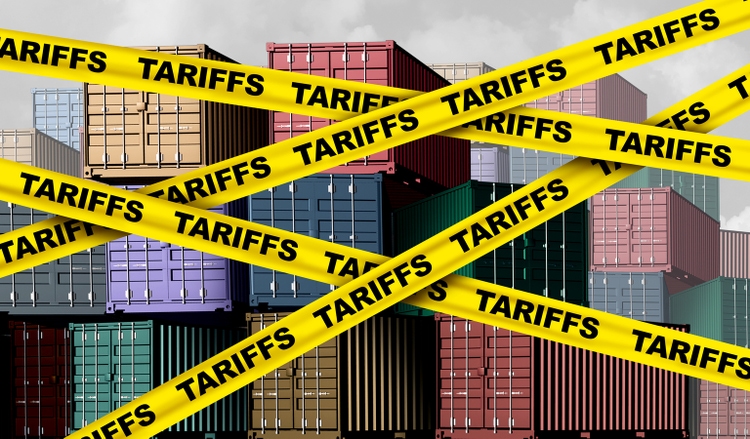Business
U.S. to Cut Tariffs on Japanese Cars and Auto Parts by September 16

U.S. tariffs on Japanese cars and auto parts are set to be lowered by September 16, 2023. This announcement came from Japan’s chief tariff negotiator, Ryosei Akazawa, during a press conference. The reduction aims to enhance trade relations between the two nations and provide relief to the Japanese auto industry.
The specific details regarding the revised tariff rates have not yet been disclosed. However, Akazawa emphasized that the change is part of ongoing trade negotiations that have been under discussion for several months. He noted that the reduction could significantly impact the pricing of Japanese vehicles and auto components in the U.S. market.
Impact on Trade Relations
Lowering tariffs is expected to bolster trade ties between the United States and Japan. The U.S. has maintained tariffs on imported Japanese vehicles for several years, citing concerns over market competition and trade imbalances. This decision marks a potential shift in policy that may benefit consumers and manufacturers alike.
The auto industry has been a crucial sector in both countries, with numerous Japanese manufacturers, such as Toyota and Nissan, having a significant presence in the U.S. market. A reduction in tariffs could lead to decreased prices for consumers, increasing sales for Japanese automakers.
Future Trade Developments
The announcement by Akazawa reflects broader efforts to negotiate a more favorable trade environment. The move may also pave the way for future discussions on various economic issues, including technology and agriculture. As negotiations continue, both nations are keen to find areas of mutual benefit.
Analysts are closely monitoring these developments, as they could influence global trade patterns. The significance of the auto industry in both economies makes this decision particularly impactful.
In summary, the expected reduction in tariffs on Japanese cars and auto parts by September 16, 2023, represents a notable step in enhancing bilateral trade relations. As the situation develops, stakeholders in both countries will be watching closely to see how these changes affect market dynamics.
-

 World3 months ago
World3 months agoScientists Unearth Ancient Antarctic Ice to Unlock Climate Secrets
-

 Entertainment3 months ago
Entertainment3 months agoTrump and McCormick to Announce $70 Billion Energy Investments
-

 Lifestyle3 months ago
Lifestyle3 months agoTransLink Launches Food Truck Program to Boost Revenue in Vancouver
-

 Science3 months ago
Science3 months agoFour Astronauts Return to Earth After International Space Station Mission
-

 Technology2 months ago
Technology2 months agoApple Notes Enhances Functionality with Markdown Support in macOS 26
-

 Top Stories2 weeks ago
Top Stories2 weeks agoUrgent Update: Fatal Crash on Highway 99 Claims Life of Pitt Meadows Man
-

 Sports3 months ago
Sports3 months agoSearch Underway for Missing Hunter Amid Hokkaido Bear Emergency
-

 Politics3 months ago
Politics3 months agoUkrainian Tennis Star Elina Svitolina Faces Death Threats Online
-

 Technology3 months ago
Technology3 months agoFrosthaven Launches Early Access on July 31, 2025
-

 Politics3 months ago
Politics3 months agoCarney Engages First Nations Leaders at Development Law Summit
-

 Entertainment3 months ago
Entertainment3 months agoCalgary Theatre Troupe Revives Magic at Winnipeg Fringe Festival
-

 Politics2 weeks ago
Politics2 weeks agoShutdown Reflects Democratic Struggles Amid Economic Concerns





















